Introduction
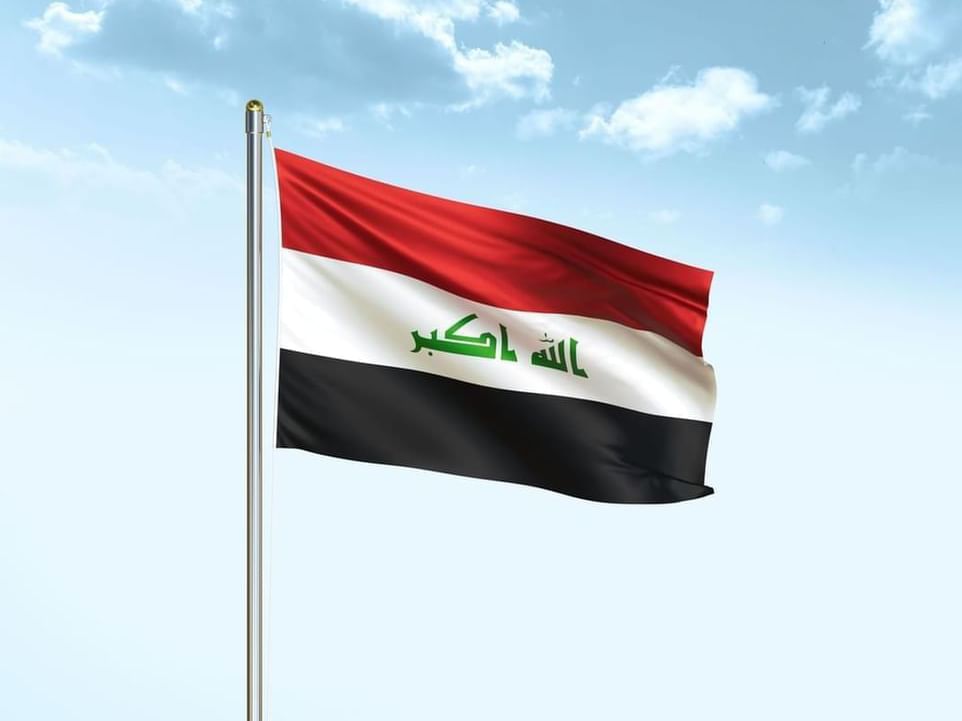
Iraq, officially the Republic of Iraq, is situated in the Middle East, sharing borders with Turkey to the north, Iran to the east, Kuwait to the southeast, Saudi Arabia to the south, Jordan to the southwest, and Syria to the west. Renowned as the cradle of civilization, Iraq encompasses the ancient region of Mesopotamia, where some of the earliest known human societies emerged, laying foundational contributions to writing, law, and urban development.
Geography & Climate
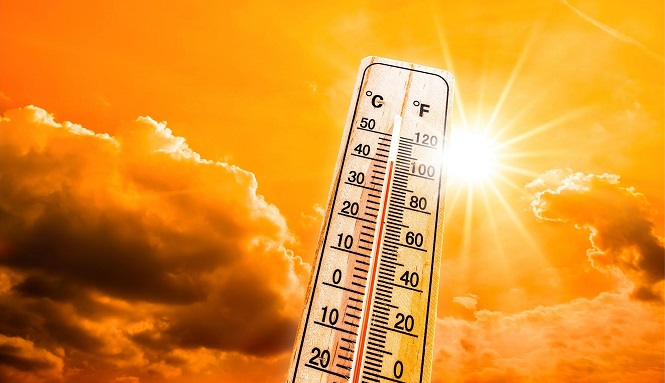
Iraq's terrain is diverse, featuring deserts in the west, fertile plains between the Tigris and Euphrates rivers, and mountainous regions in the north. The Tigris and Euphrates rivers are vital for agriculture and daily life, forming the Mesopotamian alluvial plain. The climate is predominantly arid, with scorching summers where temperatures can exceed 50°C (122°F), especially in central and southern areas. Winters are generally mild, though northern regions experience cooler temperatures and occasional snowfall.
People of Iraq
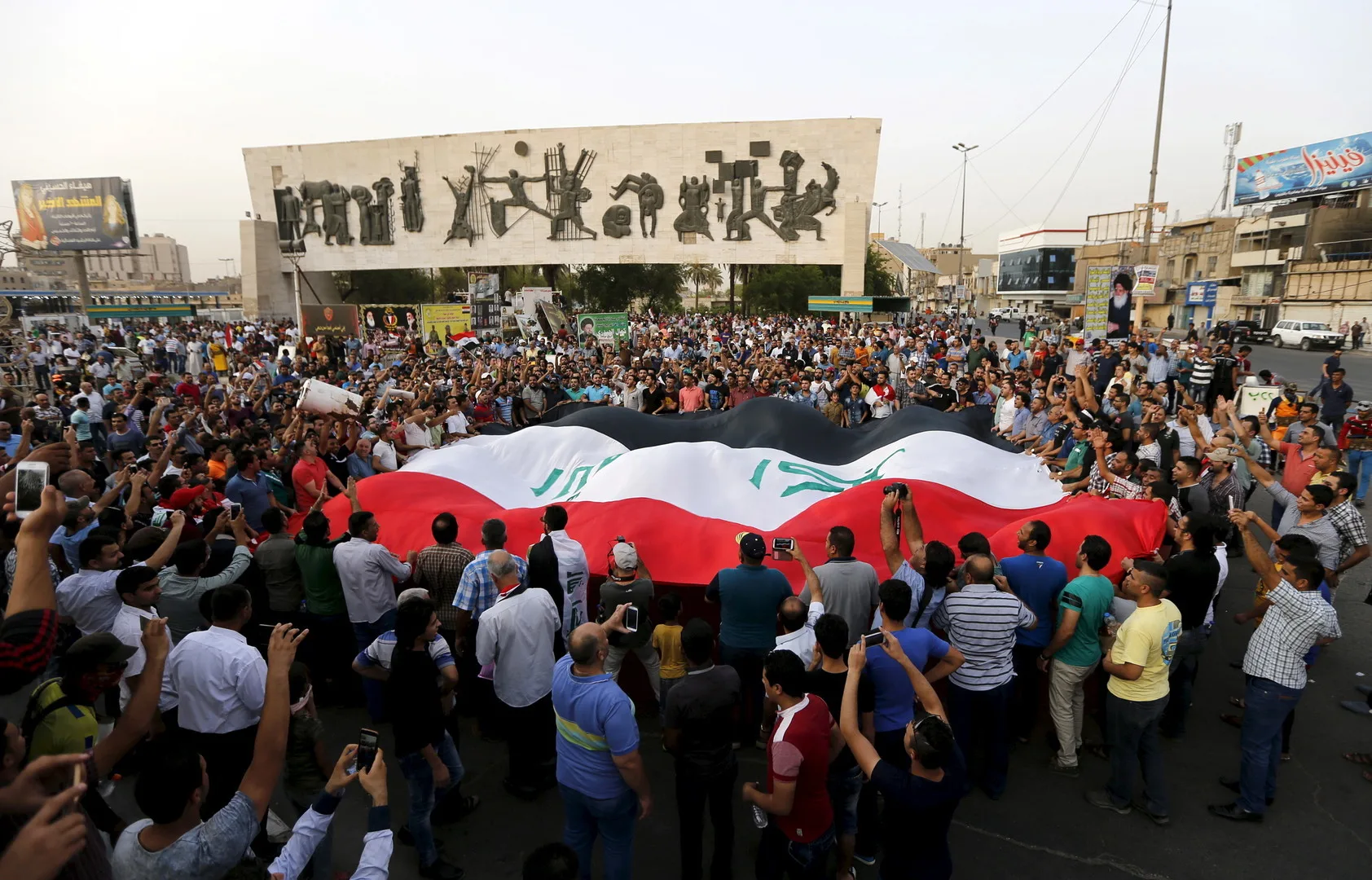
Iraq boasts a rich cultural heritage, deeply rooted in literature, music, and art. Traditional Iraqi cuisine includes dishes like Masgouf (grilled fish), Dolma (stuffed vegetables), and Kubba (meat-stuffed dumplings). Poetry and storytelling are integral to Iraqi culture, with renowned poets such as Al-Mutanabbi and Badr Shakir al-Sayyab leaving lasting impacts on Arabic literature. Iraqi society values hospitality, family, and respect for elders. While modern influences are evident, traditional customs remain significant in daily life. Religious and national celebrations, including Eid al-Fitr, Eid al-Adha, and Nowruz (celebrated by Kurds), are widely observed.
Iraq’s Economy
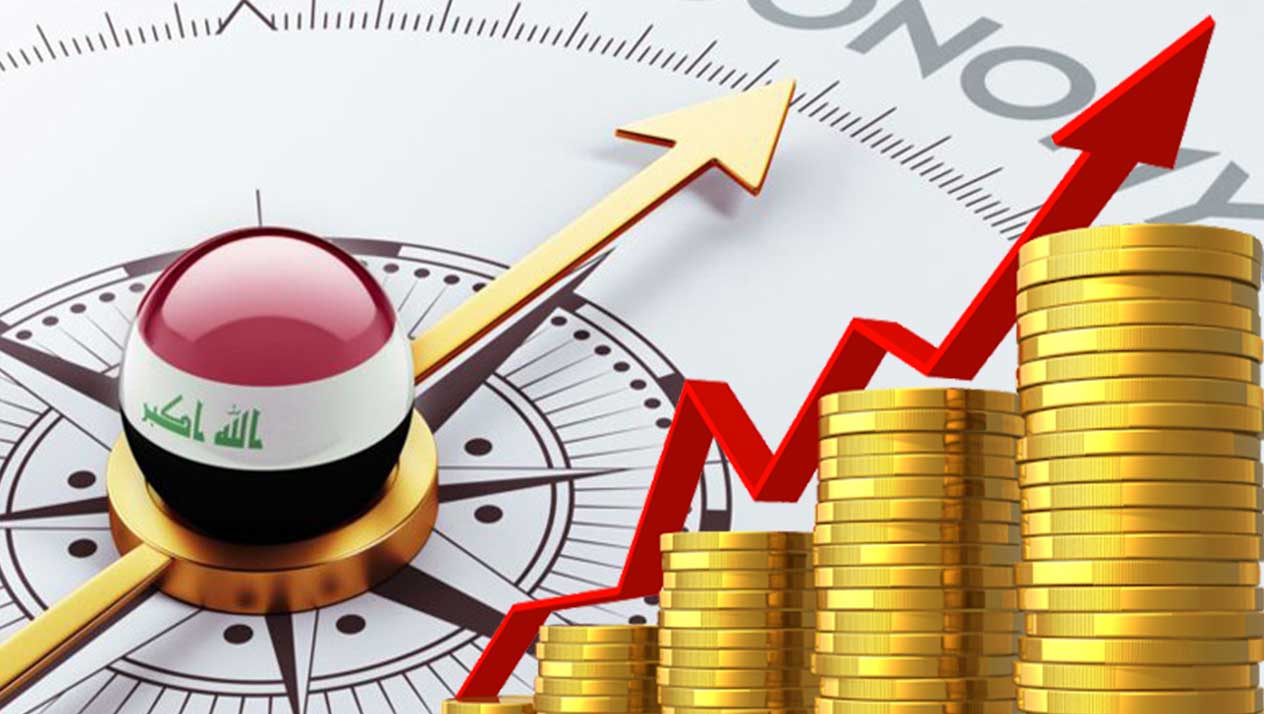
Iraq possesses one of the largest economies in the Middle East, primarily driven by its vast oil reserves. As a founding member of OPEC, oil exports constitute over 90% of government revenue and a significant portion of GDP. Despite this wealth, Iraq faces economic challenges, including political instability, corruption, and the need to diversify beyond oil.
Key Economic Sectors
Oil & Gas Industry
Iraq holds some of the world's largest crude oil reserves, estimated at over 145 billion barrels, ranking it among the top global producers. Major oil fields are located in Basra, Kirkuk, and the Kurdistan region. International companies, including BP, ExxonMobil, and Shell, have invested in Iraq's oil sector. However, the economy remains vulnerable to fluctuations in global oil prices.
Agriculture
Historically, agriculture was a cornerstone of Iraq's economy, with fertile lands nourished by the Tigris and Euphrates rivers. Key crops include wheat, barley, dates, and rice. Iraq is among the world's leading date producers. However, decades of conflict, water scarcity, and outdated farming techniques have diminished agricultural output. The government is implementing initiatives to modernize the sector and reduce reliance on food imports.
Trade & Foreign Investment
Iraq engages in trade with countries such as China, India, Turkey, and the United States, primarily exporting crude oil. Imports include machinery, medicine, and food products. While Iraq's strategic location offers trade advantages, foreign investment has been limited due to security concerns and bureaucratic challenges. Efforts are underway to improve investment laws and attract foreign businesses, particularly in infrastructure, technology, and energy sectors.
Iraqi Culture: A Rich Tapestry of History and Tradition
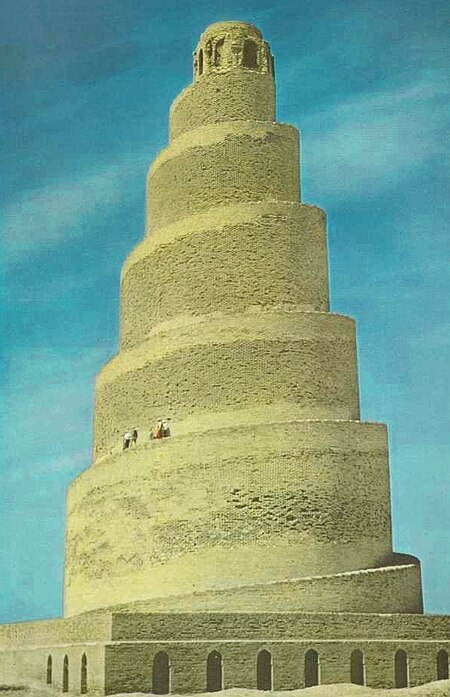
Iraq's cultural heritage is a mosaic of Arab, Kurdish, Turkmen, Assyrian, and other ethnic influences. Arabic is the official language, with Kurdish also recognized in the Kurdistan region. The country has a profound literary tradition, with classical Arabic poetry and prose playing significant roles. The Epic of Gilgamesh, originating in ancient Mesopotamia, is one of the oldest literary works in history. Modern Iraqi literature continues to thrive, with authors like Ahmed Saadawi gaining international acclaim.
Music and Arts
Iraqi music is deeply rooted in Arab and Mesopotamian traditions, featuring instruments like the oud, qanun, and rebab. The maqam, a sophisticated form of classical Arabic music, has been preserved and refined in Iraq for centuries. Iraqi visual arts, including calligraphy, painting, and sculpture, reflect both historical and contemporary themes.
Cuisine
Iraqi cuisine is renowned for its rich flavors and diverse influences. Popular dishes include masgouf (grilled fish), dolma (stuffed grape leaves), and kubba (stuffed dumplings). Dates and tea are essential elements of Iraqi hospitality. Meals are often communal, emphasizing the importance of family and tradition.

